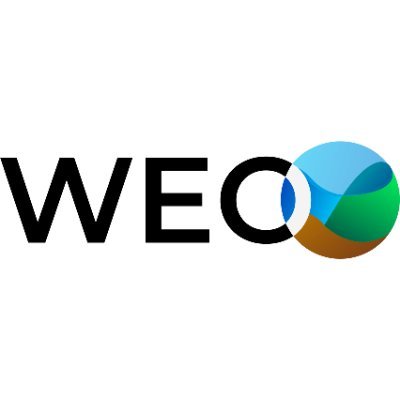WEO, environmental analystics for all from space, specialise in tackling major environmental challenges, such as water resource management, growing urban forests, preparing for natural disasters and adapting to climate change using open Earth Observation data to provide frequently updated, affordable and actionable insights to our clients.
Satellite data has been inaccessible due to its cost and its prevision primarily through ad-hoc consulting reports. WEO utilise deep learning to gather high resolution insights from open-source Earth Observation data, allowing for regular updates on a seasonal basis and the ease-of-scalability of the solution to monitor across entire countries, continents or at the local scale.
Their Challenge: Monitoring of nature parks




